The Michigan Tech Research Institute hosted an open house in May at their newly renovated space in Ann Arbor to commemorate nearly two decades of research excellence.
More than 60 attendees gathered at the Michigan Tech Research Institute’s newly renovated offices in Ann Arbor on May 17 to celebrate MTRI’s decorated history and learn about the institute’s plans for the future. Among the guests were Michigan Technological University officials and University partners from higher education, industry and government agencies. At the open house event, they enjoyed demonstrations and tours of the updated facilities, which offer new spaces for face-to-face collaboration and in-person research and development.
Since becoming Michigan Tech’s first major research institute with a physical presence downstate in 2006, MTRI has grown steadily in both impact and in scale. Its externally funded research expenditures have grown from $2.3 million in 2006 to $12 million in 2023. In that time, MTRI has become well-known around the country for expertise in remote sensing research. And, as of this year, MTRI now employs 104 engineers, scientists and administrators — a huge milestone for the research institute, which began 18 years ago with a staff of only 24.
Addressing the guests, MTRI Director Susan Janiszewski noted two key elements of MTRI’s continued success: the institute’s talented group of researchers and its affiliation with Michigan Tech. “I am grateful for the opportunity to head this amazing staff, and for the solid, unwavering support from Michigan Tech,” Janiszewski said. “People are at the core of our business. We will continue to attract and retain intellectually aggressive researchers, meaning the kinds of people who want to stay on the cutting edge.”
MTRI’s founding co-directors, Nik Subotic and Bob Shuchman, spoke of the growth in staff as one of the institute’s great accomplishments — and the key to maintaining its relevance and impact.
“Bob and I are very proud of MTRI’s ability to expand the demographics of staff to early- and mid-career researchers,” said Subotic. “In addition to a more diverse team doing better research, the vision and technical capabilities continue to evolve to meet the future.”
U.S. Rep. Debbie Dingell attended the open house and spoke of the essential nature of the work being done at MTRI and its value to Michigan. “We cannot cede the lead in innovation to anyone,” said Dingell. “Keep doing the very important work that you are doing.”
In Attendance
Open house attendees included representatives from MTU’s higher education partners, including the University of Michigan, Grand Valley State University and Oakland University; industry partners Leidos, Metro Strategies, Nuair, KBR Inc., LimnoTech, DornerWorks and Tech7 LLC; and nonprofit partners Ducks Unlimited, Merit Networks, Huron River Watershed Council, Great Lakes Commission and SRI International. Also represented were the University’s government agency partners: the U.S. Geological Survey, Great Lakes Science Center, Michigan Department of Technology, Michigan Department of Transportation, Air Force Research Laboratory, Defense Advanced Research Projects Agency and Michigan Sea Grant.
Michigan Sen. Jeff Irwin said he is especially happy to focus on the great work MTRI is doing, born out of research and innovation critical to national defense. “I fight for higher education in my senate committee work, and Michigan Tech makes this easy,” said Irwin. He also spoke of his passion for the Great Lakes and of Michigan’s responsibility to take care of the Great Lakes environment.
MTRI’s New Space
MTRI’s commitment to face-to-face collaboration and in-person research and development drove the design of the newly renovated offices. The heart of the building is an open collaborative area with floor-to-ceiling glass, which looks out into a central courtyard with tables and fountain centerpiece. These spaces are complemented by conference rooms, offices, cubicles and coding caves.
Janiszewski said it was a conscious decision to invest in space that staff would enjoy. Shuchman and Subotic both echoed Janiszewski, dismissing any doubt of the value of large, open collaborative spaces by stressing their importance to the research being done at MTRI. “In R&D shops, it’s vital to have face-to-face time,” Subotic said. “In our work, we need to have the chance to work through ideas, beat them up and make them better.”
Most research at MTRI involves pushing the edges of what’s possible for remote sensing technologies. From machine learning models created with sensing data to the decisions made because of these capabilities, MTRI’s research work helps to solve critical problems in a variety of fields, including national security, infrastructure, bioinformatics and environmental sciences. MTRI has five specific technical practice areas of expertise: artificial intelligence and autonomy, sensing of the human environment, sensing of the natural environment, transportation, and water sciences. Through these practice areas, MTRI researchers find opportunities to work with partners in government, industry and academia to stay at the forefront of an evolving research landscape.
Looking Back, Forging Ahead
Dave Reed, Michigan Tech’s vice president for research since 2001, reflected on the journey of MTRI from concept to reality, tracing its origin to discussions in the mid-1980s, decades before the institute became officially part of Michigan Tech in October 2006. He cited MTRI’s growth as one of the major highlights of his 41 years at Michigan Tech.
“Throughout its growth, MTRI has displayed a constant effort to collaborate with the Houghton campus,” said Reed. “This relationship has gone really well and has served as a model for the University’s other downstate research efforts.”
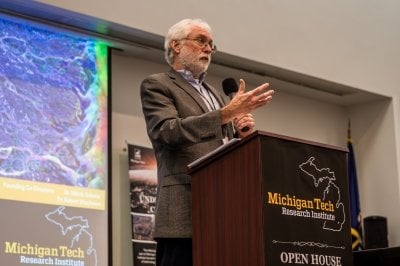
Shuchman praised Reed, who is set to retire in July 2024, for being a strong guiding force and continuous source of encouragement who follows the tenet “do no harm.”
Subotic agreed, noting that Tech’s forward-thinking leadership has paved the way for MTRI’s accomplishments and its growth. “It’s been a delight to work with Michigan Tech,” he said. “The University’s administration allows MTRI to work at a faster tempo than normal academic research.”
Looking forward, Janiszewski said MTRI’s standing mission includes maintaining a strong presence in southeast Michigan and continuing to grow the institute’s research footprint. Under her leadership, MTRI aims to increase externally funded research expenditures from $12 million to $20 million in the next five years. Janiszewski also plans for MTRI to increase their already extensive interdisciplinary collaborations, with partners in both the private and government sectors and with researchers in Michigan Tech’s other Tier 1 research centers and institutes, including the Keweenaw Research Center, Advanced Power Systems Research Center, Great Lakes Research Center, Center for Technology and Training, Health Research Institute, and Institute of Computing and Cybersystems. Finally, Janiszewski said, MTRI will continue to train and inspire the next generation of researchers through MTRI’s robust student internship program, as well as through collaborations with other training programs, like the Minority University Research and Education Project (MUREP) and MichiganView.
Michigan Technological University is an R1 public research university founded in 1885 in Houghton, and is home to nearly 7,500 students from more than 60 countries around the world. Consistently ranked among the best universities in the country for return on investment, Michigan's flagship technological university offers more than 120 undergraduate and graduate degree programs in science and technology, engineering, computing, forestry, business, health professions, humanities, mathematics, social sciences, and the arts. The rural campus is situated just miles from Lake Superior in Michigan's Upper Peninsula, offering year-round opportunities for outdoor adventure.

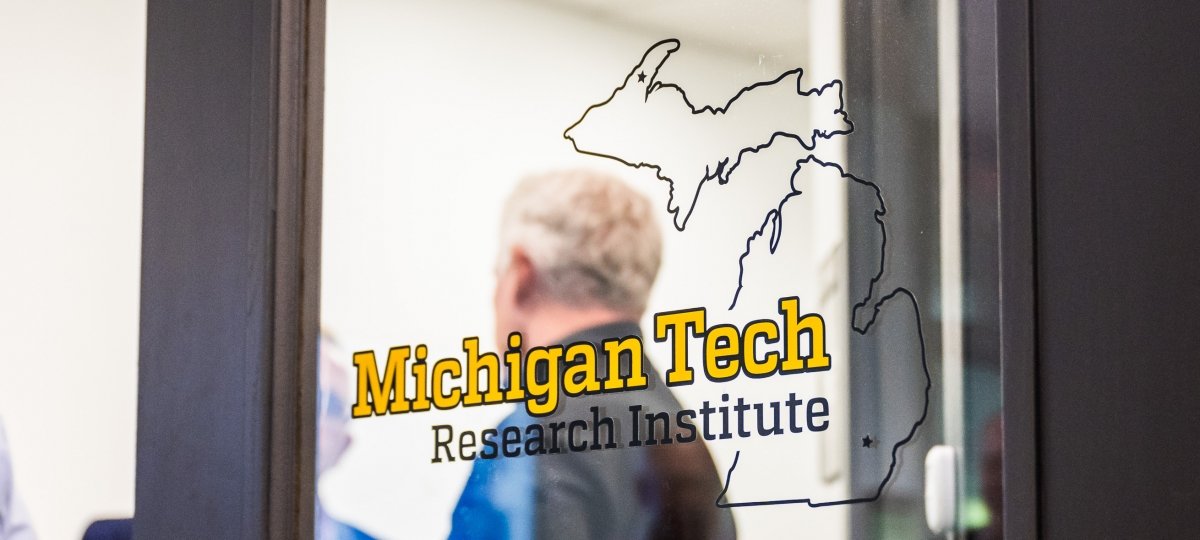
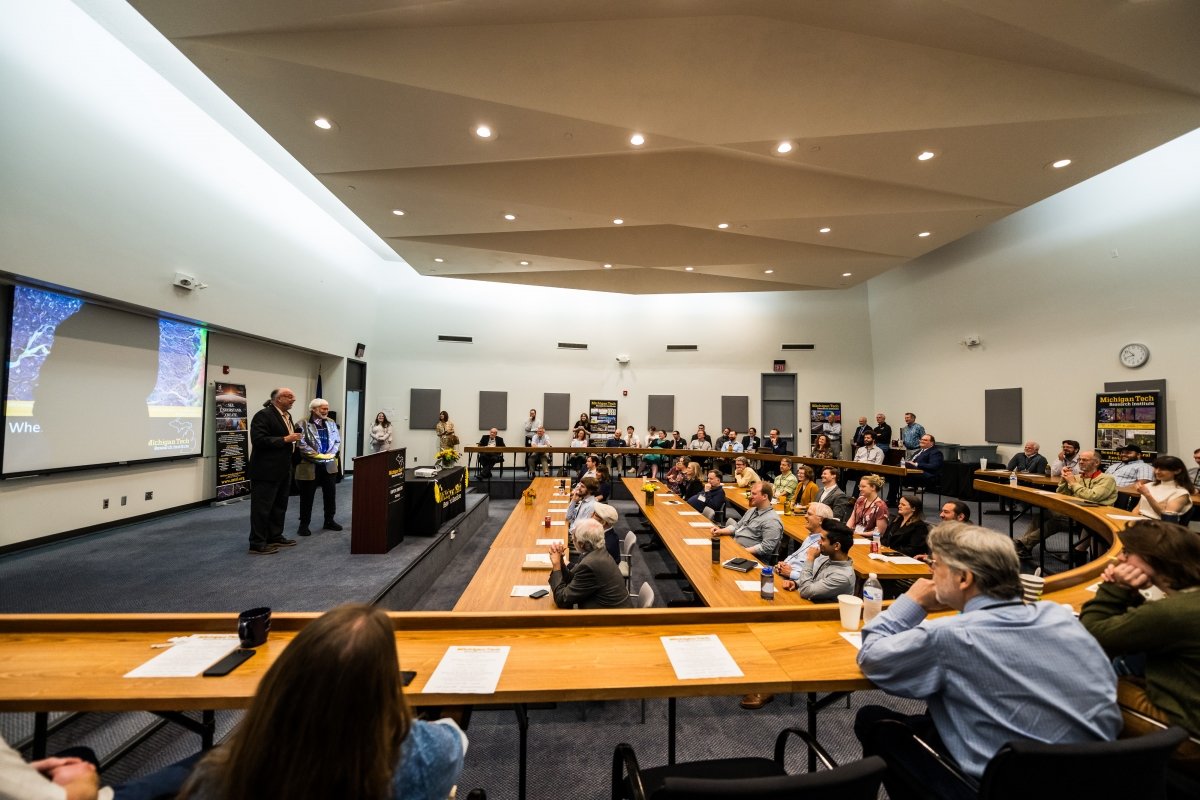
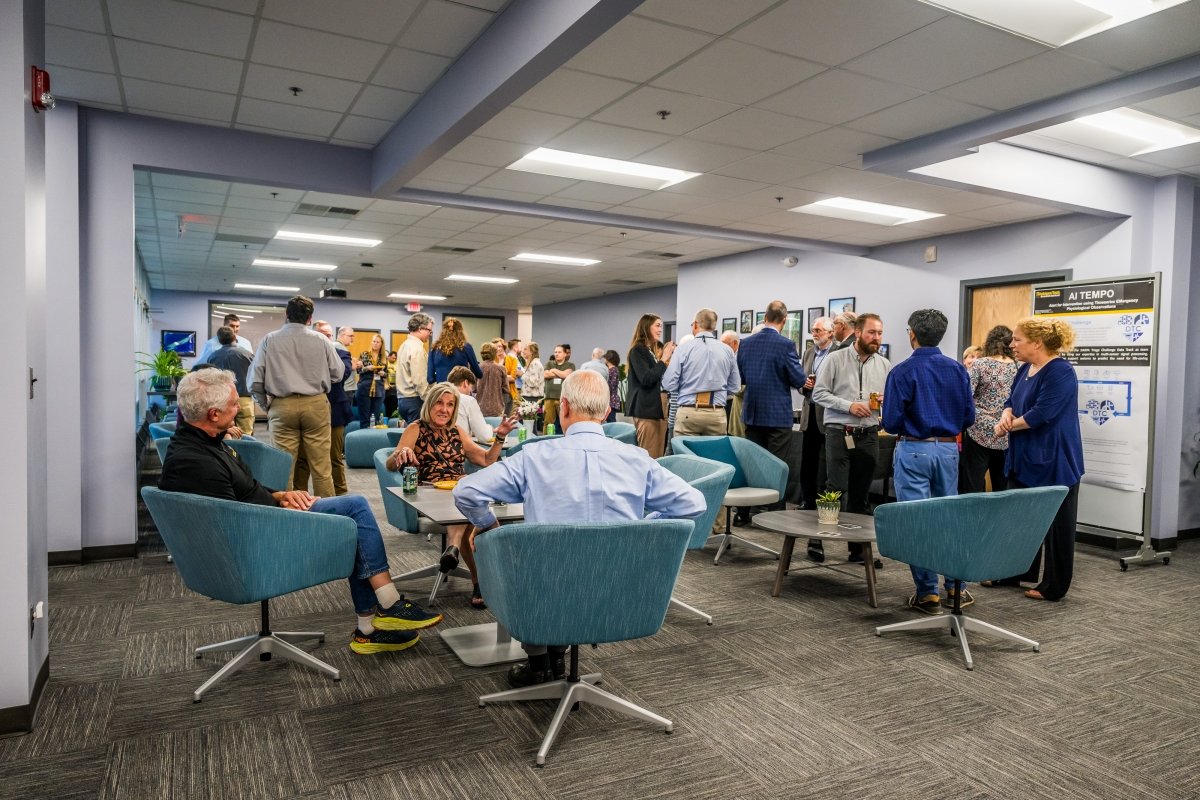
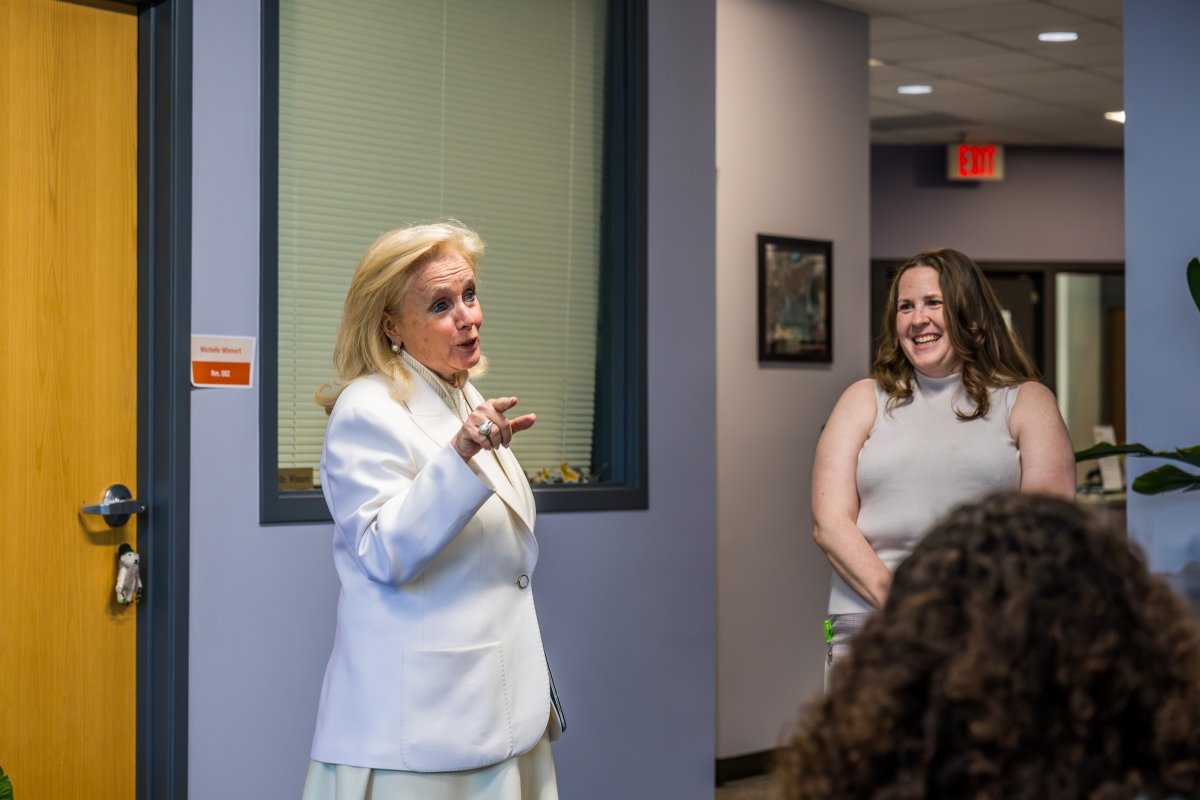
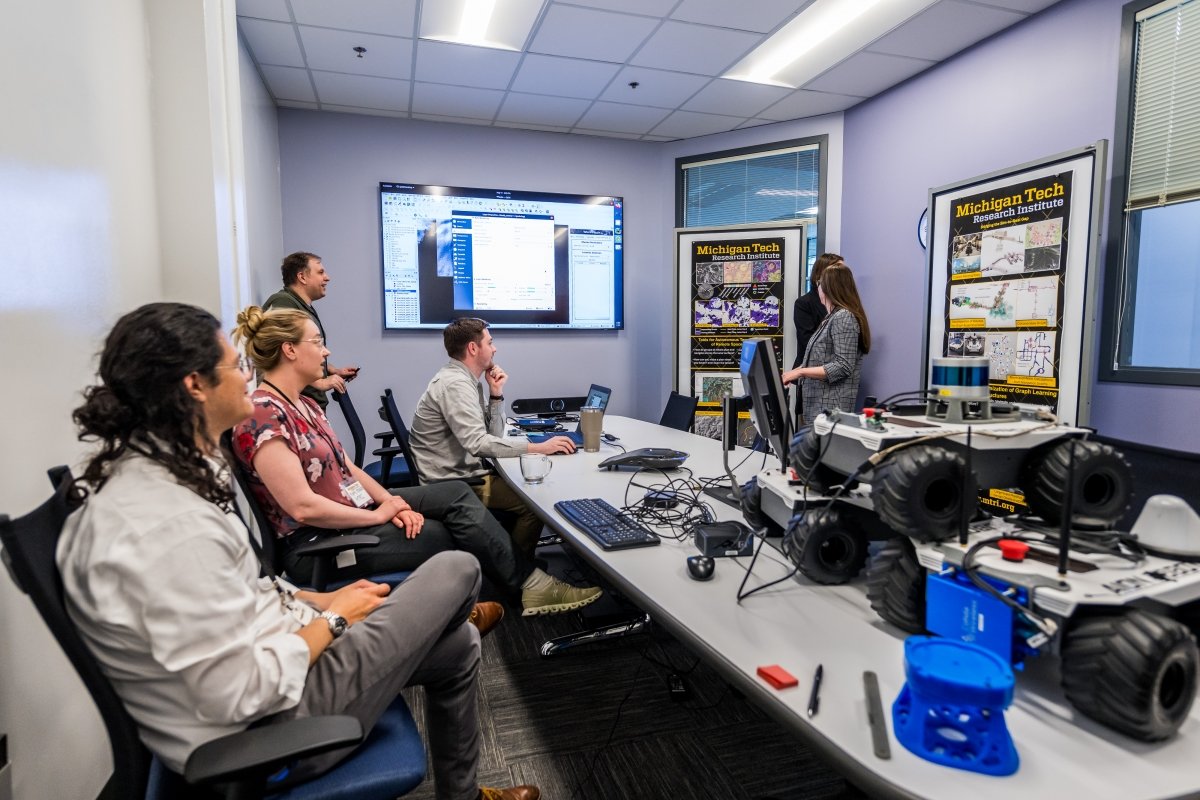
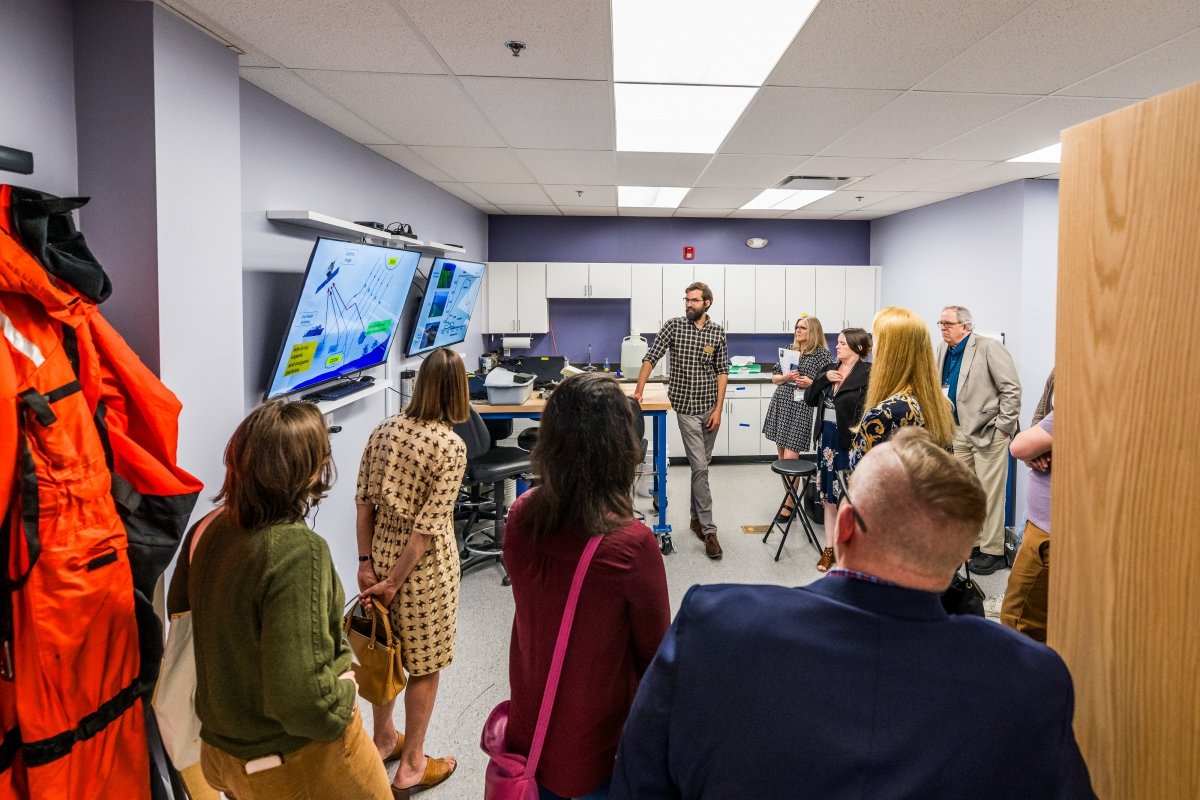
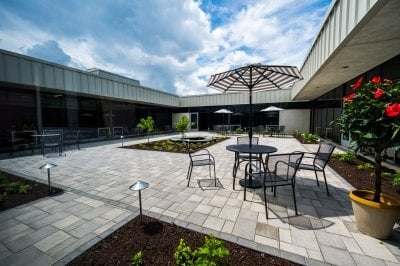

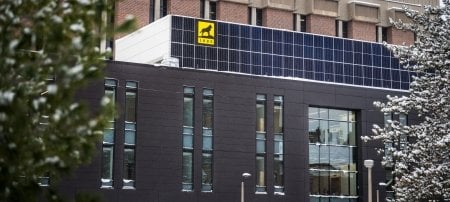


Comments